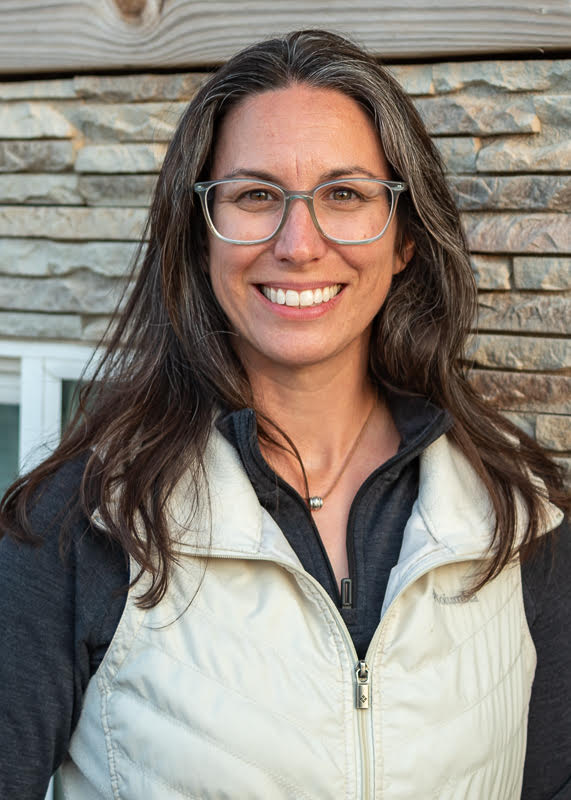Julie Joan Lesnik (ba6706)
University information
Contact information
College of Liberal Arts and Sciences
3055 F/AB
Dr. Lesnik is on sabbatical for the 24-25 academic year.
Human-animal interactions, ecology, evolution. Anti-colonial, multispecies anthropology.
As a 2018-2019 Fellow of the AAAS Leshner Leadership Institute for Public Engagement, I am interested in mentoring graduate students who want to pursue sharing knowledge from anthropology with broader audiences. An M.A. in Anthropology along with a Graduate Certificate in Museum Practice and/or Nonprofit Management can be an effective strategy for engaging with communities.
If you're interested in coming to study with me, please contact the department for more information about our graduate programs.
- American Association of University Women, 2015
- Publication grant for “Edible Insects and Human Evolution”
- Leakey Foundation, 2015
- Post-Ph.D. research grant for “An evaluation of termite-associated hydrocarbon signatures as an influence on prey selectivity and an ecological signal for chimpanzees and Olduvai hominins”
Edible Insects and Human Evolution. 2018. University Press of Florida. Available digitally to WSU community via WSU Library System.
"An original and satisfying synthesis on the evolution of the human diet that draws from all the relevant fields of the natural and social sciences." – W. C. McGrew, author of The Cultured Chimpanzee: Reflections on Cultural Primatology.
"Engaging. Argues most convincingly that insects were an important food source during human evolution." – Margaret J. Schoeninger, University of California San Diego
Researchers who study ancient human diets tend to focus on meat eating because the practice of butchery is very apparent in the archaeological record. In this volume, Julie Lesnik highlights a different food source, tracing evidence that humans and their hominin ancestors also consumed insects throughout the entire course of human evolution.
Lesnik combines primatology, sociocultural anthropology, reproductive physiology and paleoanthropology to examine the role of insects in the diets of hunter-gatherers and our nonhuman primate cousins. She posits that women would likely spend more time foraging for and eating insects than men, arguing that this pattern is important to note because women are too often ignored in reconstructions of ancient human behavior. Because of the abundance of insects and the low risk of acquiring them, insects were a reliable food source that mothers used to feed their families over the past five million years.
Although they are consumed worldwide to this day, insects are not usually considered food in Western societies. Tying together ancient history with our modern lives, Lesnik points out that insects are highly nutritious and a very sustainable protein alternative. She believes that if we accept that edible insects are a part of the human legacy, we may have new conversations about what is good to eat—both in past diets and for the future of food.

Courses taught by Julie Joan Lesnik
Fall Term 2025 (future)
Winter Term 2024
Fall Term 2023
Winter Term 2023
Recent university news spotlights
- Neanderthals may have eaten maggots as part of their diet
- Cicadas à la carte? Here’s why it’s so hard to get Americans to eat bugs
- Helping horses and humans build trust with one another
- From cicadas to crickets, bugs as cuisine
- Academic Recognition Ceremony celebrates faculty, staff excellence
- At Gustavus Adolphus Nobel conference, cricket cookies and other insect inspiration
- Anthropology Professor Julie Lesnik to share expertise at 59th Nobel Conference
- What the first Thanksgiving dinner actually looked like
- Lesnik wins Leakey Foundation grant to study role of termites in the diets of early humans
- Why insects aren't on menus in the U.S. and Canada